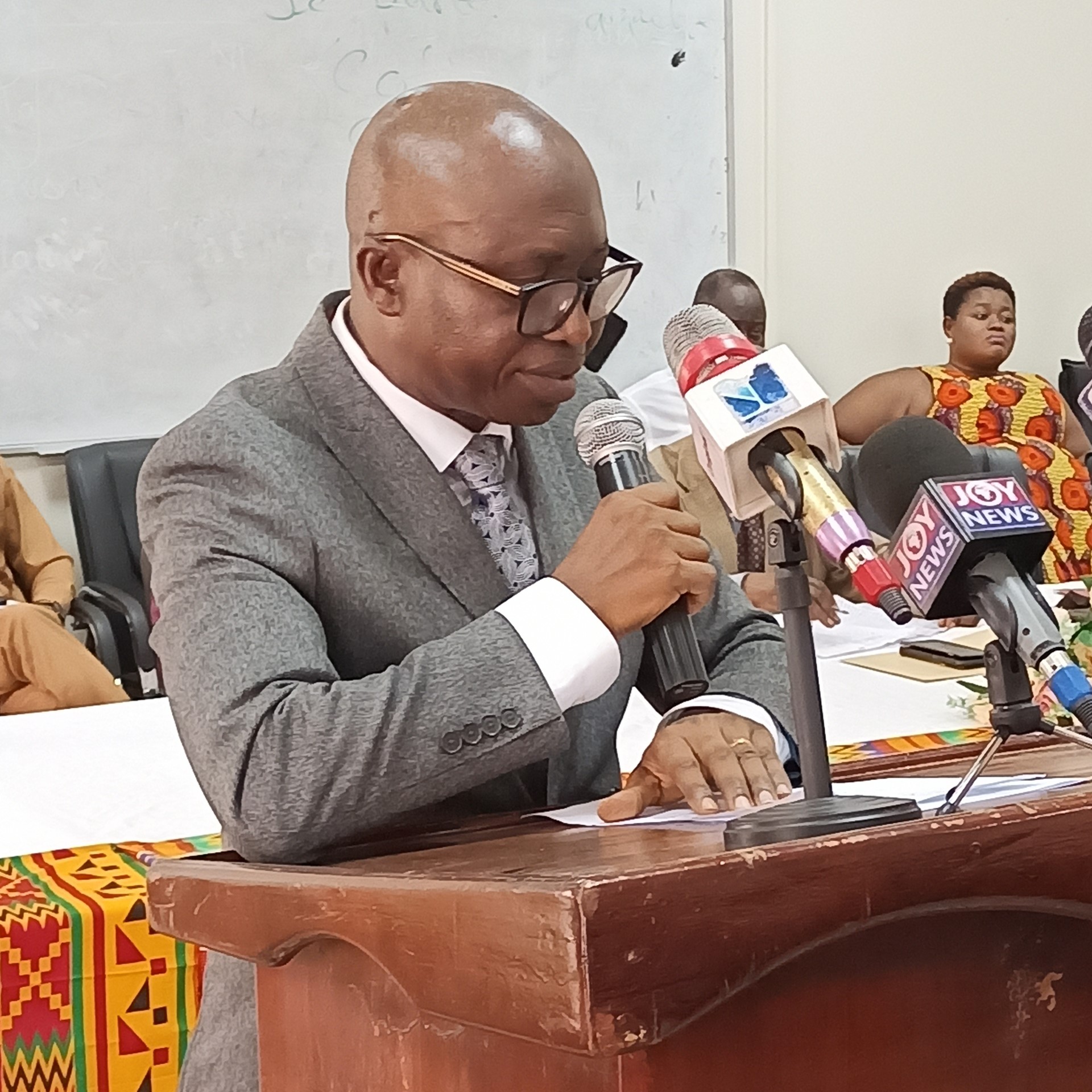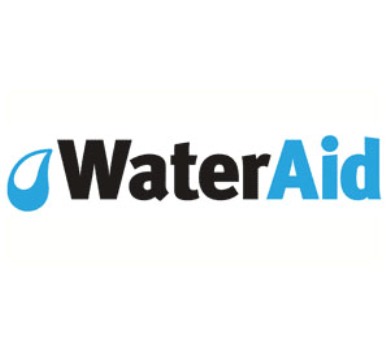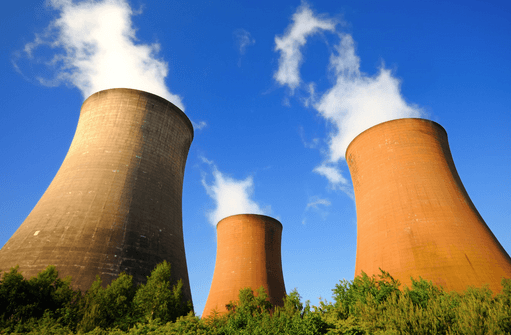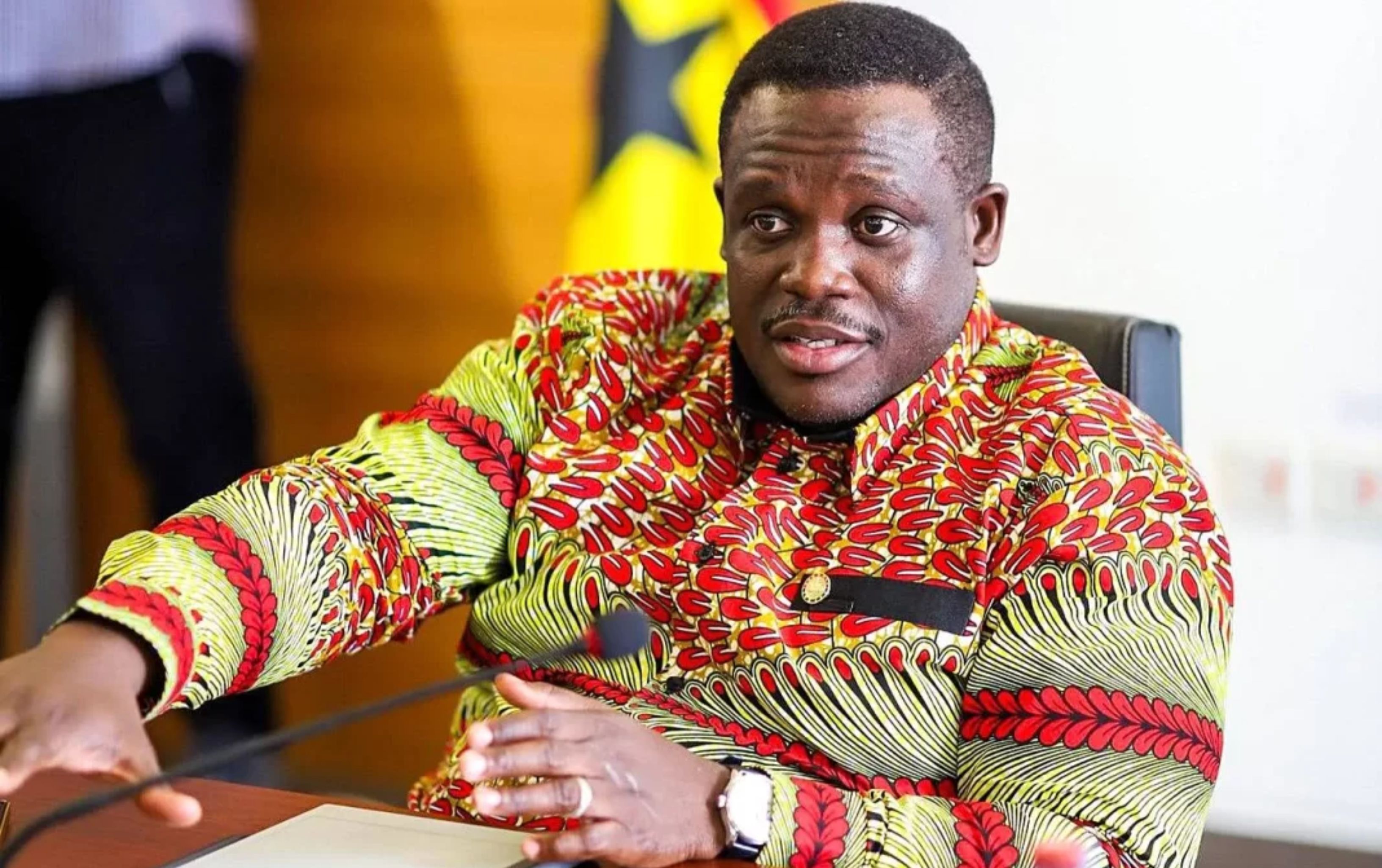
By Samira Larbie/Ayisha Ibrahim, GNA
Accra, July 13, GNA - Dr Emmanuel Obuobie, a Research Scientist, Water Research Institute (WRI-CSIR), has called for collaboration among institutions in the water sector to help provide credible data on the Sustainable Development Goals six (SDG 6) indicators for improvement.
He said valid data on the sector was the resource required to provide concrete information to be presented at the national and global levels in the bid to achieve the SDG (6) six by 2030.
Dr Obuobie was speaking at a stakeholders learning and sharing meeting organised by the Resource Centre Network [RCN] in collaboration with the Water Research Institute (WRI) of the Council of Scientific and Industrial Research (CSIR) in Accra.
The Meeting which brought together participants from Government, water and sanitation experts, Civil Society Organizations and the media was on the theme: “Integrated Monitoring for Full WASH Coverage in Ghana: the Journey so far!”
It was aimed at engaging the wider Water, Sanitation and Hygiene (WASH) stakeholders to increase awareness of major national challenges and discuss the best ways of improving safely managed water as a catalyst to achieving the SDG (6) six and other SDGs.
The situation of having quality and safe drinking water and sanitation systems is a severe public health concern, contributing to 70 percent of diseases in Ghana.
He said a number of the data required to improve the sector were not readily available and those that were, cannot be easily accessed because it was scattered in institutions and therefore the need for a central one that could be relied on at all times.
The Researcher, speaking on the findings of the sector, said the quantity of water in the country was sufficient and far more than the usage, thereby reducing stress but the quality had always been the challenge.
He said water bodies were so much polluted to the extent that they could not be used for domestic, irrigation and industrial purposes and this places limitation on how to use the resource.
The country’s resources base was big but certain areas had shortages and with the needed finance, water can be transported to those parts where it was desired most, he stated.
Dr Obuobie, therefore, called for much collaboration from government agencies and institutions to ensure that they provided the needed support to be able to achieve the 60 per cent target set by 2030.
Dr Anthony Yaw Karikari, the Principal Research Scientist, Water Quality Aquaculture and Environment, said access to safe water, adequate sanitation and proper hygiene education could help reduce illness and death from diseases that the country was faced with in this regard.
He said the quality of water was dropping gradually by the day and there was the need to address this for the SDG (6) to be achieved.
The SDG six project, is a development programme, involving five countries; Republic of Korea, Costa Rica, Tunisia, Pakistan and Ghana.
The project in Ghana is aimed at providing safe and hygienic water as well as sanitation, and has been divided into six parts, to create easy access to safe and affordable drinking water, create access to basic sanitation source, and to improve water quality by reducing pollution and minimising the release of hazardous chemicals in the water bodies.
It also aims to substantially increase water use efficiency across all sectors, to implement integrated water resources management at all levels and also manage water use through the ecosystem.
GNA
Read Full Story










![Burkina Faso celebrates as Ibrahim Traore unveils made-in-Africa electric buses [Video]](https://sportal365images.com/process/smp-images-production/pulse.com.gh/11062025/8558c966-4f8d-4f59-bd16-80956686e33d.png)





Facebook
Twitter
Pinterest
Instagram
Google+
YouTube
LinkedIn
RSS